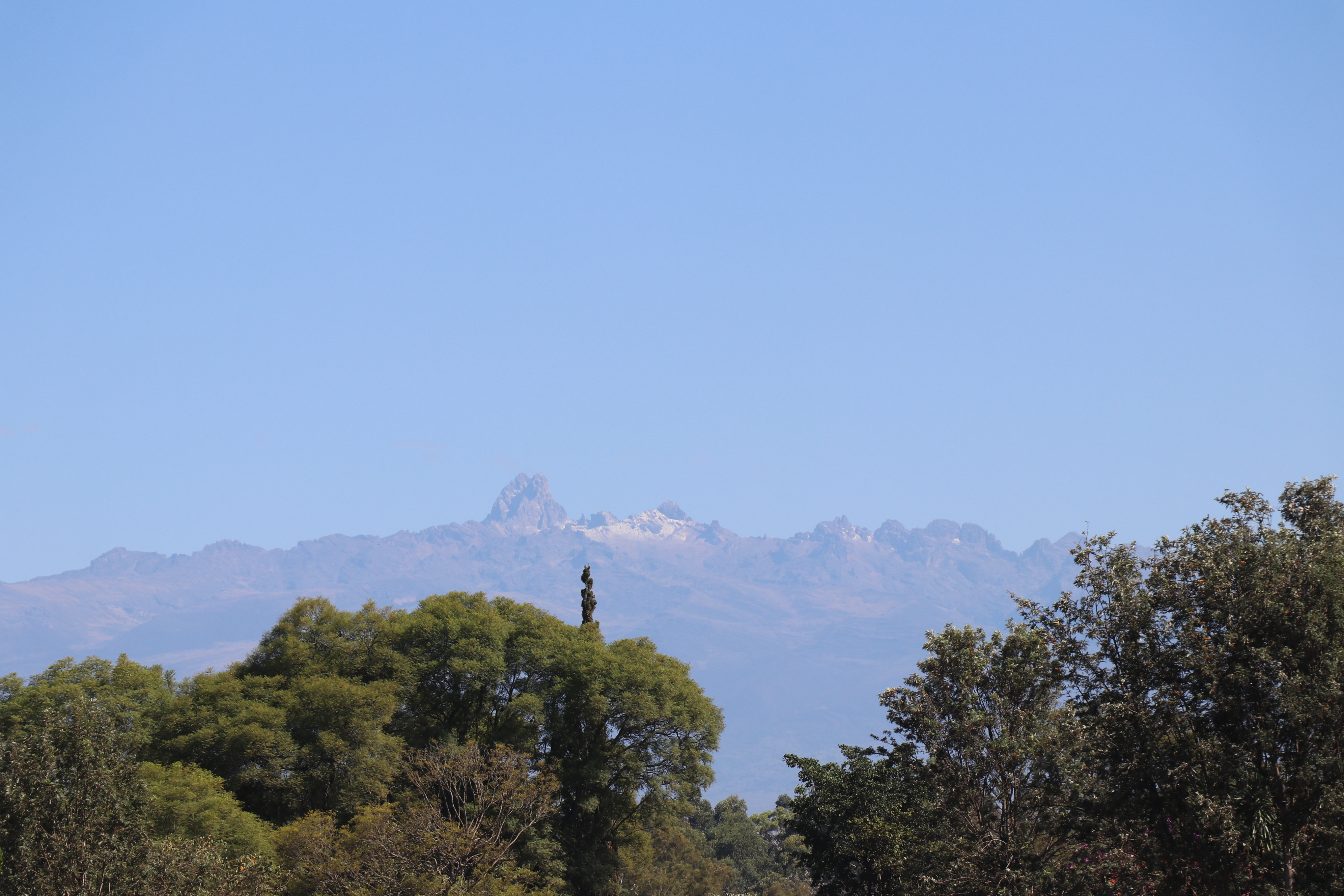
ISO is an independent, non-governmental international organization with a membership of 165 national standards bodies.
Through its members, it brings together experts to share knowledge and develop voluntary, consensus-based, market-relevant International Standards that support innovation and provide solutions to global challenges.
You'll find our Central Secretariat in Geneva, Switzerland.
Long name in English: International Organization for Standardization
Because 'International Organization for Standardization' would have different acronyms in different languages (IOS in English, OIN in French for Organisation internationale de normalisation), our founders decided to give it the short form ISO. ISO is derived from the Greek 'isos', meaning equal. Whatever the country, whatever the language, we are always ISO.
Membership
ISO is a network of national standards bodies that represent ISO in their country. There are three member categories, each enjoying different levels of access and influence over the ISO system. This helps us to be inclusive while also recognizing the different needs and capacities of each member.
Read more about: ISO, in brief, ISO membership.
Friendship among equals
The ISO story began in 1946 when delegates from 25 countries met at the Institute of Civil Engineers in London. Read more about the first 50 years of ISO (1947 - 1997) in the book:
Friendship among equals [PDF, 1.32 MB]

